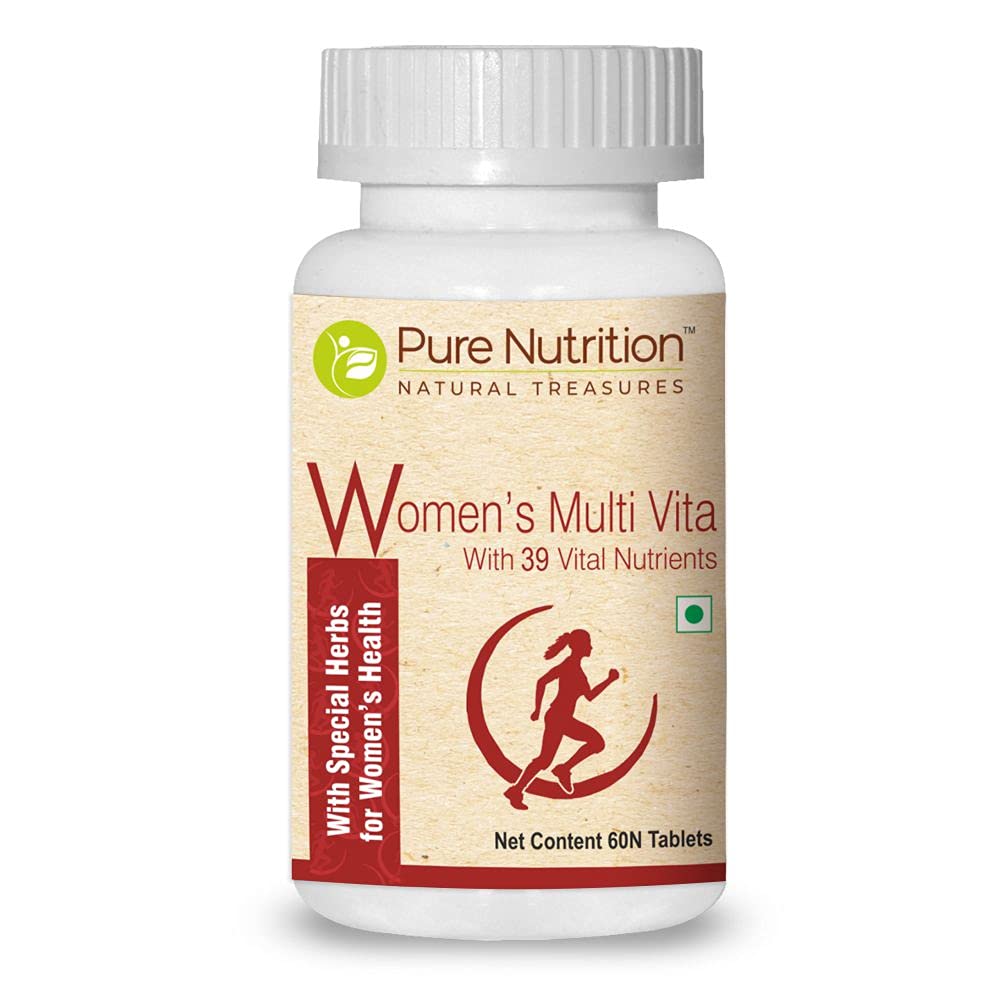Choline Bitartrate
Micronutrient
Last update date: October 11, 2023
Choline Bitartrate is a dietary supplement for choline deficiency. It is made from tartaric acid that is left behind after the process of wine fermentation. It also provides support for absentmindedness and maintaining memory recall.
Frequently Asked Questions
1.
What is Choline Bitartrate?
Choline Bitartrate is a nutrient that shares similarities with B vitamins and can also be synthesized in the liver. It is naturally present in various foods, including meats, fish, nuts, beans, vegetables, and eggs. This essential nutrient plays a crucial role in numerous chemical reactions within your body. Notably, it is vital for the proper functioning of the nervous system and the development of a healthy brain. Additionally, choline has been associated with potential benefits in reducing swelling and inflammation linked to conditions like asthma.
2.
What is positive impact of Choline Bitartrate?
Choline Bitartrate plays a crucial role in promoting overall health and well-being. Although specific information on its uses is limited, choline is known to be essential for several important bodily functions. It is a key component of cell membranes and helps in the formation of acetylcholine, a neurotransmitter vital for memory and muscle control. Adequate choline intake has been associated with better cognitive function, particularly in memory and learning abilities. Furthermore, it supports liver function and aids in the metabolism of fats and cholesterol. While more research is needed to uncover its full potential, choline's positive impact on various physiological processes underscores its significance as an essential nutrient.
3.
What is negative impact of Choline Bitartrate?
Choline Bitartrate is generally safe when consumed in recommended doses, which are usually below 3.5 grams per day. However, excessive intake of choline, especially beyond the recommended limits, may lead to adverse effects. Some individuals might experience side effects such as excessive sweating, fishy body odor, diarrhea, and vomiting. Moreover, very high doses of choline can potentially interact with certain medications or increase the risk of bleeding in susceptible individuals. It is essential to adhere to the suggested dosage guidelines and consult with a healthcare professional before considering high-dose choline supplementation to avoid any potential negative consequences.
4.
Who should avoid Choline Bitartrate?
Certain groups of individuals should exercise caution or avoid Choline Bitartrate supplementation: Pregnant and Breastfeeding Women: While choline is essential during pregnancy and lactation for fetal brain development and infant health, excessive supplementation should be avoided without medical supervision. Children: Choline requirements in children vary with age, and it is advisable to consult with a pediatrician before giving supplements. Individuals with Loss of Bladder Control: Some evidence suggests that high choline intake may exacerbate urinary incontinence in susceptible individuals
5.
What are common sources of Choline Bitartrate?
Choline Bitartrate is naturally found in various food sources. Some of the most abundant sources of choline include: Beef and Beef Liver Egg Yolks Chicken Breast Fish Shiitake Mushrooms Potatoes Legumes (Beans, Peanuts) Milk Yogurt









